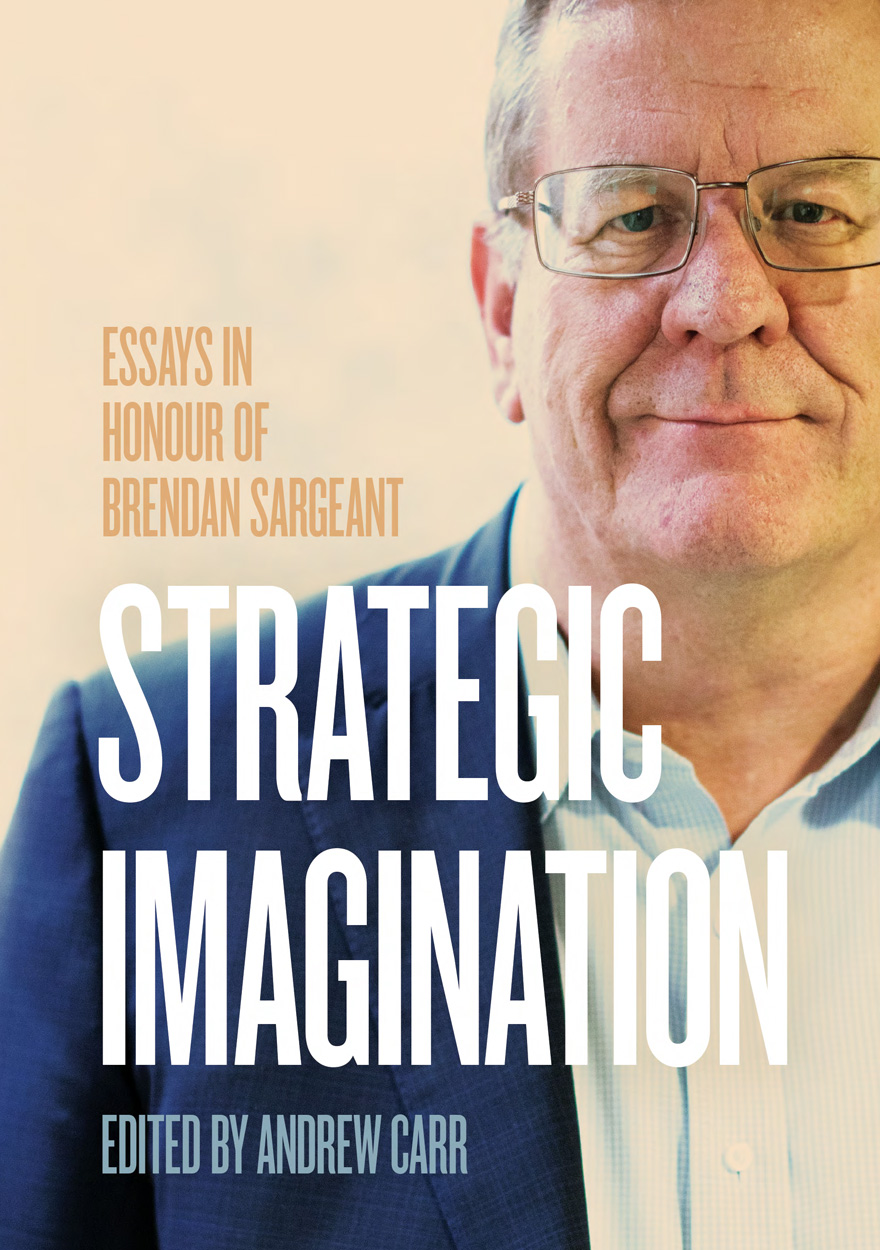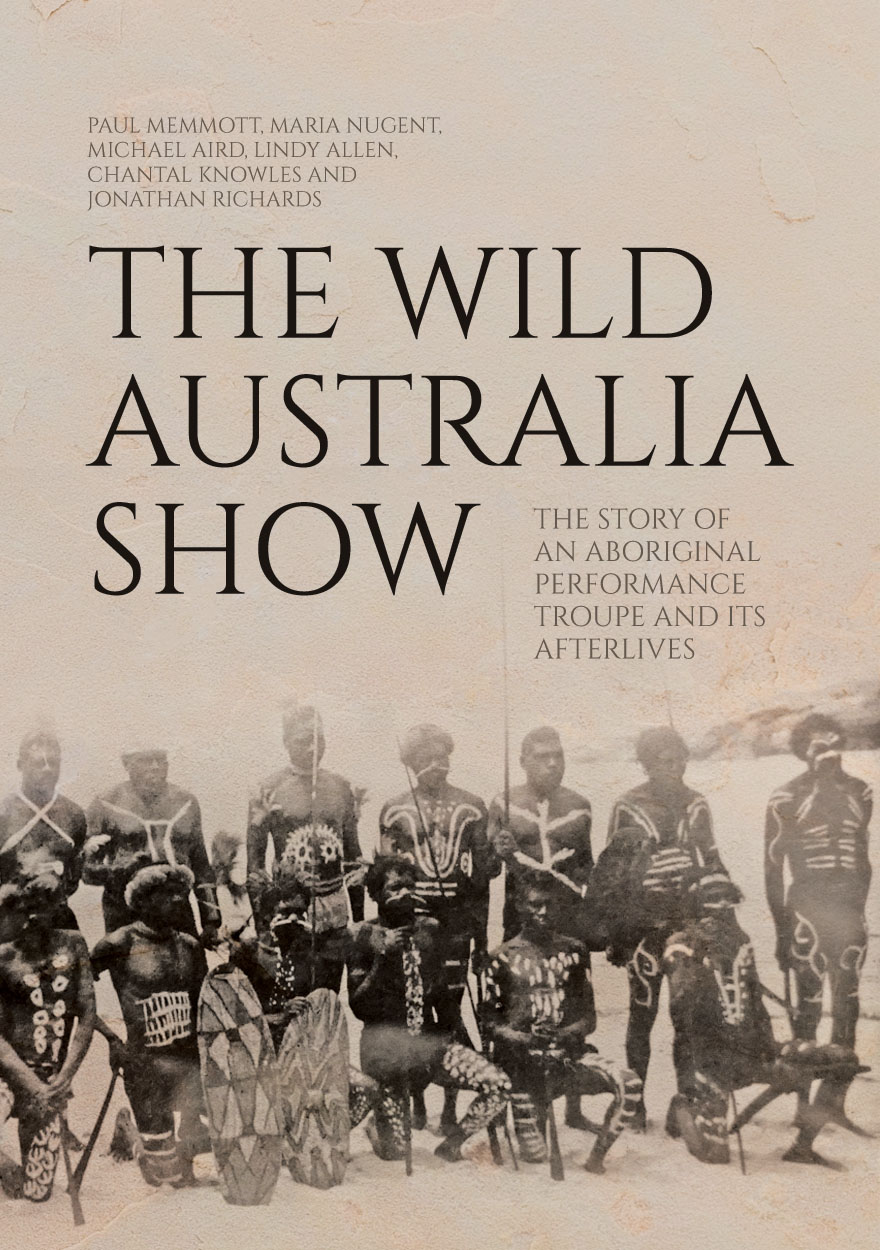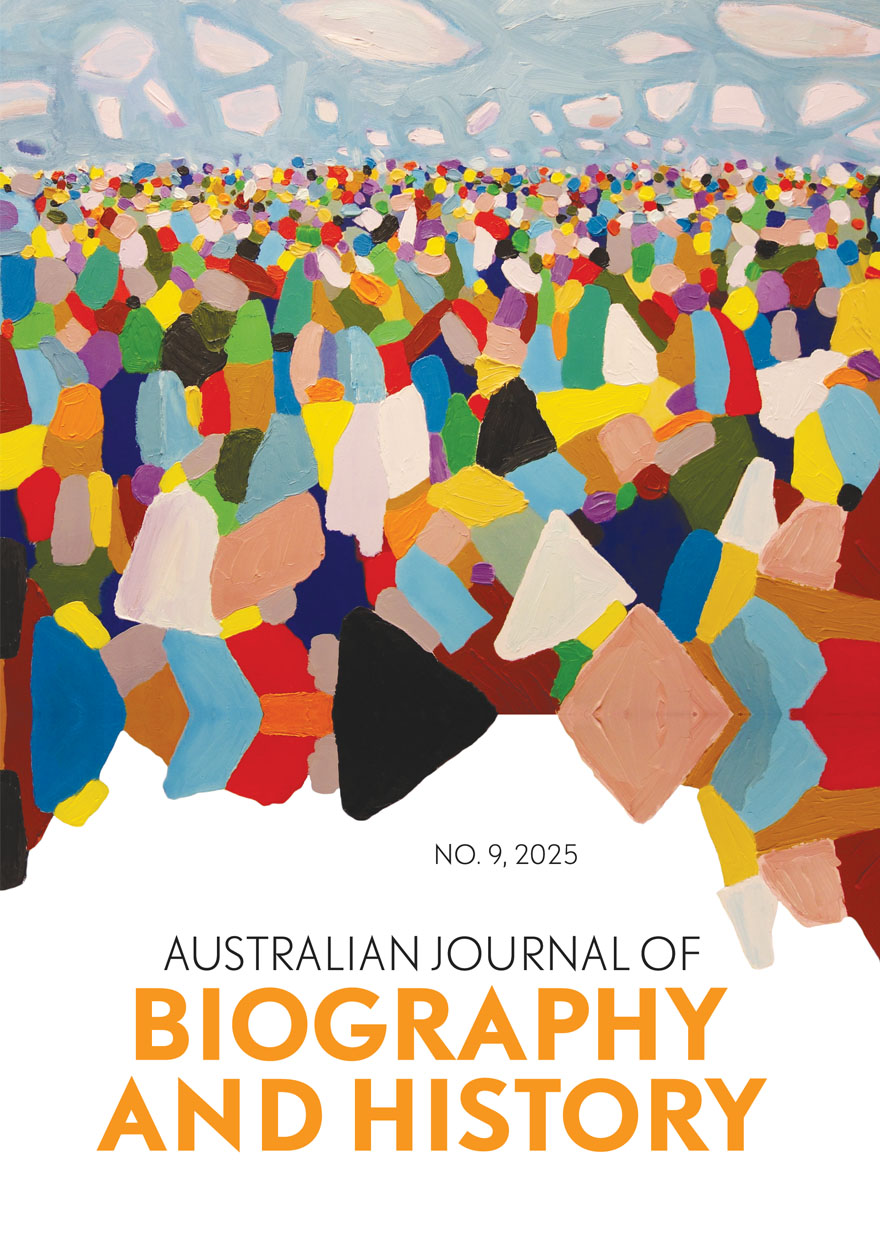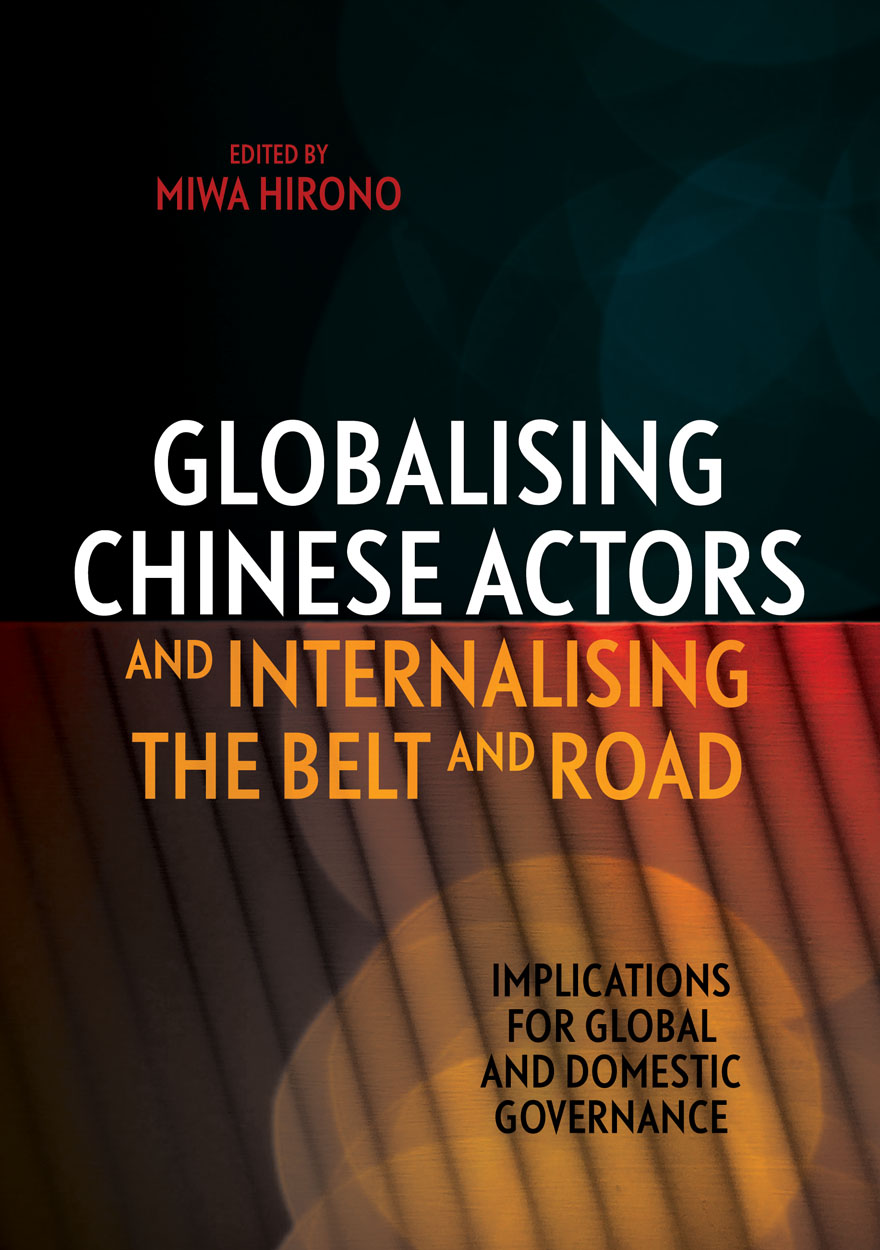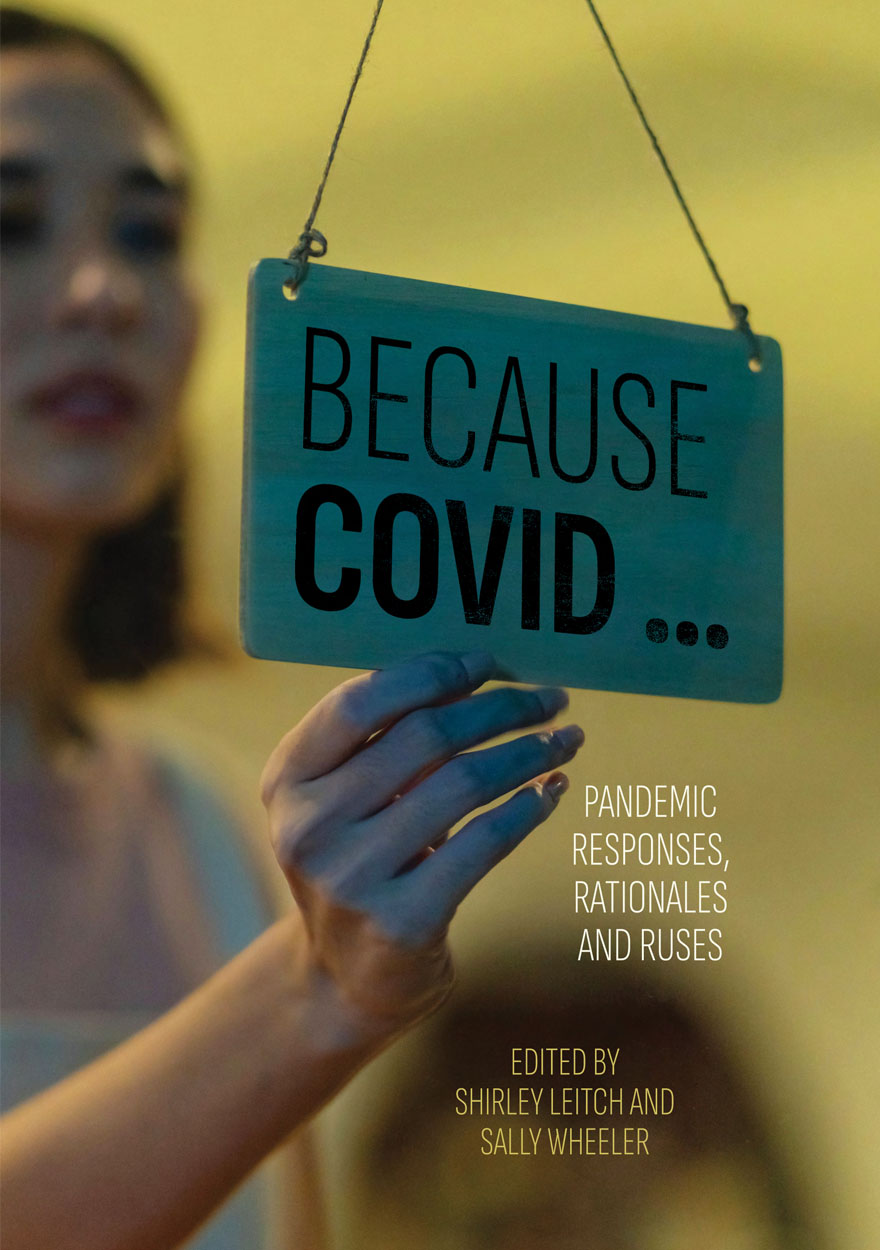This special issue of the Australian Journal of Biography and History, ‘Oceania Lives’, showcases a collection of writing and dialogue from an emerging group of Pacific scholars interested in rethinking Australia’s past and present through historical biography. While spanning multiple time periods, geographies, and communities, the issue draws its thematic coherence from a sustained exploration of the different ways in which Pacific peoples – in this case, South Sea Islanders/Australian South Sea Islanders, Papua New Guineans, Tongans, Pitcairners, West Papuans, Solomon Islanders and Fijians − have and continue to encounter Australian coloniality in its various forms.
The issue is notable for its inclusion of two dialogues, drawn from public events hosted in recent years by the Oceania Working Party of the Australian Dictionary of Biography. These dialogues, with their related emphases on indigeneity, relationality and knowledge production, set the scene for the entire special issue which aims to interrogate and explore the position of Pacific peoples on Indigenous lands and waterways which comprise contemporary Australia. Melinda Mann, Kim Kruger and Imelda Miller powerfully demonstrate how this can be done through their approaches to writing South Sea Islander biography while Lisa Hilli also reflects on her artistic and biographical method in conversation with Wendy Mocke about the FMI (or Daughters of Mary Immaculate) sisters of Vunapope, New Britain, who helped save hundreds of lives during the Second World War.
In addition to the dialogues, ‘Oceania Lives’ features four reflective pieces and three research articles. Using the Tongan narrative approach, talanoa-vā, Ruth (Lute) Faleolo and Emma ‘Ilaiū Vehikite use the written records of Wesleyan missionary Walter Lawry to reimagine the early 19th century voyage of Futukava to Australia. In ‘My grandmother is (not just) a small brown fragment’, Pauline Reynolds responds poetically to an archival note attached to a tapa or barkcloth donated to the Macleay Collections. Christopher Chevalier offers valuable reflections on the completion and publication of his biography of Solomon Mamaloni and Romitesh Kant pays special tribute to the work of Professor Brij Lal, a pioneer in Pacific biography and so much more. In their research articles, Talei Luscia Mangioni and Camellia Webb-Gannon bring to life the stories of Melanesian activist women Amelia Rokotuivuna from Fiji and the Black Sistaz from West Papua. Finally, Nicholas Hoare and Theresa Meki ask, ‘What ever happened to the Papua New Guinea Dictionary of Contemporary Biography?’ Their answers – like those of other contributors to this issue − point to both the challenges and opportunities in writing about and working with Oceania lives in 2025.
